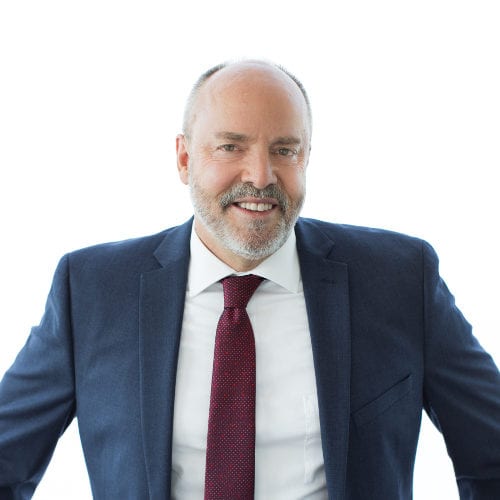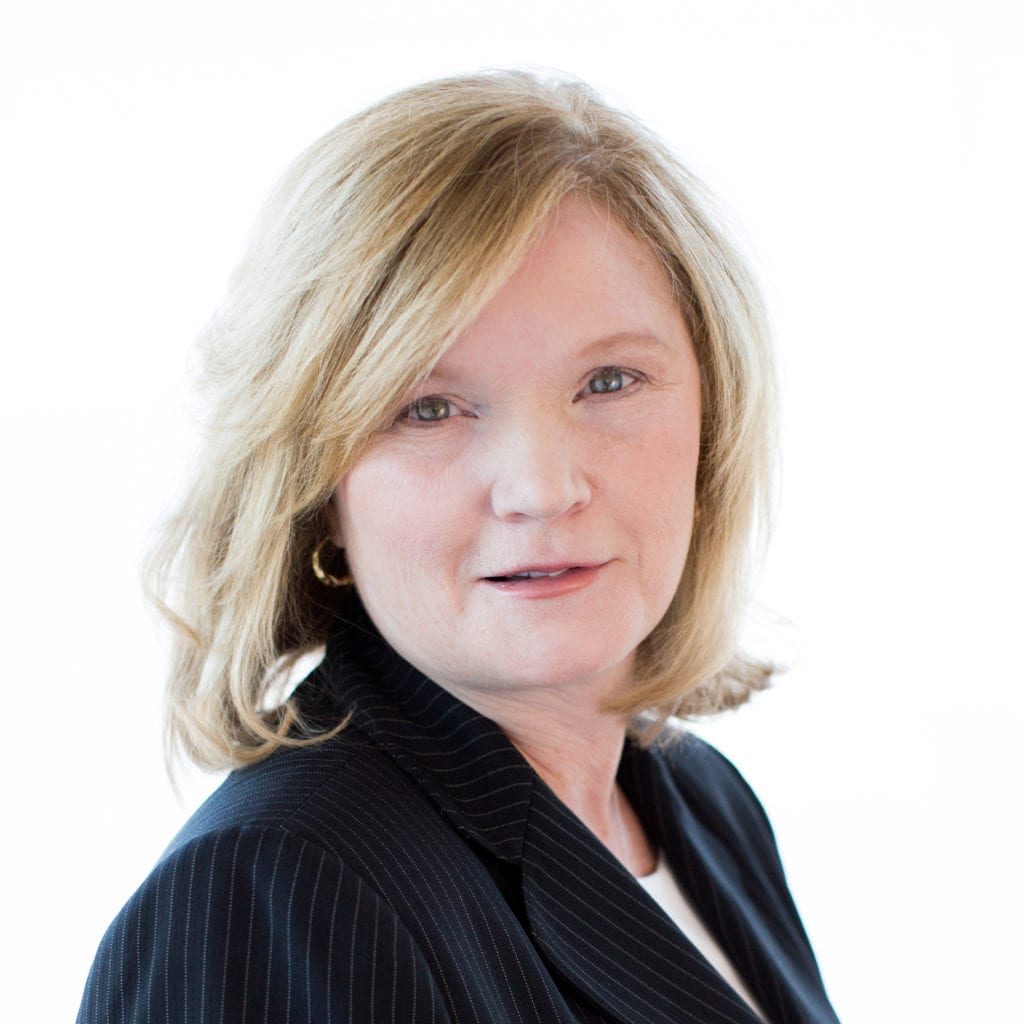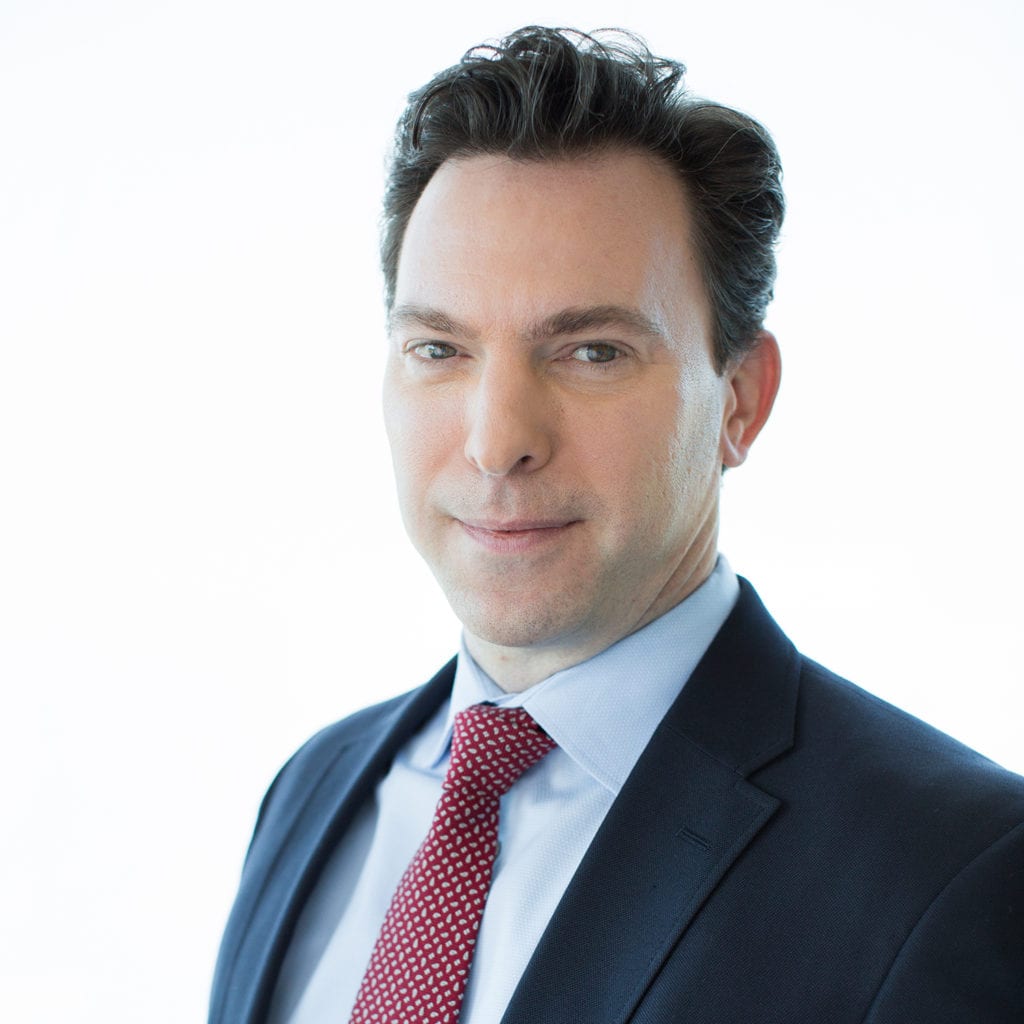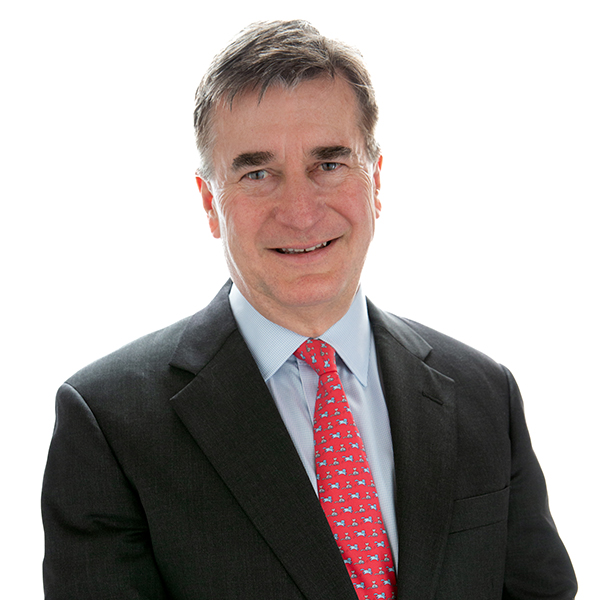
Share this Article
Vaccinations Have Arrived, but Burnout is More of a Risk Than Ever
By Thomas J. Bryant, ARM
President, Physicians Insurance
In the past month, tens of thousands of Massachusetts physicians and other frontline providers of patient care have been vaccinated against COVID-19. And as we look at all the joyful physician and nurse photos on social media, our profession is embracing it with gratitude and relief, longing for the day when the shot is available to every adult and child.
But for many physicians the celebration is short lived. The vaccine was a literal shot in the arm, but not a spiritual one. In time, it will make going to work less deadly, but this will not alleviate all of the mental health challenges that come with caring for patients during an unprecedented pandemic that has killed more than 400,000 Americans. Grief is expected “to live in the American psyche for years to come.”
In addition, young physicians must also cope with job uncertainty due to hospital cutbacks and budget crises, as well as typical student loan debt worries. Some even feel guilt that they received the vaccination first, ahead of vulnerable family and loved ones.
COVID-19 pressures have exacerbated an already dangerous mental health crisis in US medicine. Before the COVID-19 pandemic, more than half of US physicians suffered from work-related burnout or depression, with acute care specialties such as emergency medicine being among the hardest hit.
A combined third of US nurses reported feeling disengaged or burned out at work, and emergency medical services workers have post-traumatic stress disorder at almost double the rate of the rest of the population. “It’s estimated that every year, 300 to 400 physicians die by suicide, a number equal to a doctor a day,” according to U.S. News and World Report.
How can you manage your stress and your practice for the coming months as the nation emerges from the pandemic and looks for a “new normal”?
Experts say it’s important for physicians not to relax any self-care practices and coping strategies they have put into place over the past year. The crisis is not over. Counseling, self-care, wellness, meditation apps, and any other effective programs should not be abandoned.
New employee wellness programs focused specifically on frontline health care workers show some hope of success. Some health care systems are implementing special PTSD-coping programs for health care staffers. One program in Great Britain saw 1,800 requests for programming in the first week of January 2021 alone.
We know if people feel supported, the amount of long-term trauma they struggle with is reduced,” said Claire Goodwin-Fee, one of the founders of Shout 85258, a service that connects medical staff with therapists working pro bono.
Another volunteer echoed similar sentiments, saying listening is key. “The main thing is validating what health care workers are going through. It is a scary time and there’s no shame in feeling anxious.”
The Massachusetts Medical Society, its Committee on Mental Health and Substance Use and Committee on Preparedness, and the Massachusetts Psychiatric Society are presenting an education program focused on helping navigate some of the issues we discussed in this article: Psychological First Aid: Healthy Recovery Now and in the Aftermath of the COVID-19 Public Health Crisis.
“The coronavirus pandemic has impacted physicians, and other first responders physically and emotionally. The daily occurrence of very sick and contagious patients, sheltering behind critically required PPE, the necessity to quarantine from family and friends after working long shifts, and the lack of time to mourn exact a toll. The continuing trauma of this pandemic on mental health can be eased by Psychological First Aid in response to experiencing and living in this demanding time on the front lines.”
Learn more about the program here.
One additional resource is a webinar from Coverys targeted at developing effective wellness techniques to help mitigate the painful and costly impacts of burnout and moral distress –– The Emotional Toll Healthcare Is Taking on Providers: Developing Resilience When Facing Trauma & Burnout.
In future editions of The Informed Practice, we’ll continue to explore how to manage pandemic stresses. Please email Meghan Stanley at mstanley@mms.org with any concerns you’d like to see us cover in this space.
Physicians Insurance President Thomas J. Bryant, ARM, is a licensed property, casualty, life, accident, and health broker in all six New England states and was an adjunct clinical assistant professor in the School of Health Sciences at Bryant University during the period from 2016 through 2018. Most recently Tom developed a video presentation on malpractice basics for Harvard Medical School fourth-year students, and he has participated in NEJM Resident 360 virtual panels on topics related to financial matters important to early-career physicians.
Is it time to examine your current policy? What you don’t know can hurt you. For more information on how Physicians Insurance can support your practice and help you mitigate risk, call 800.522.7426.





